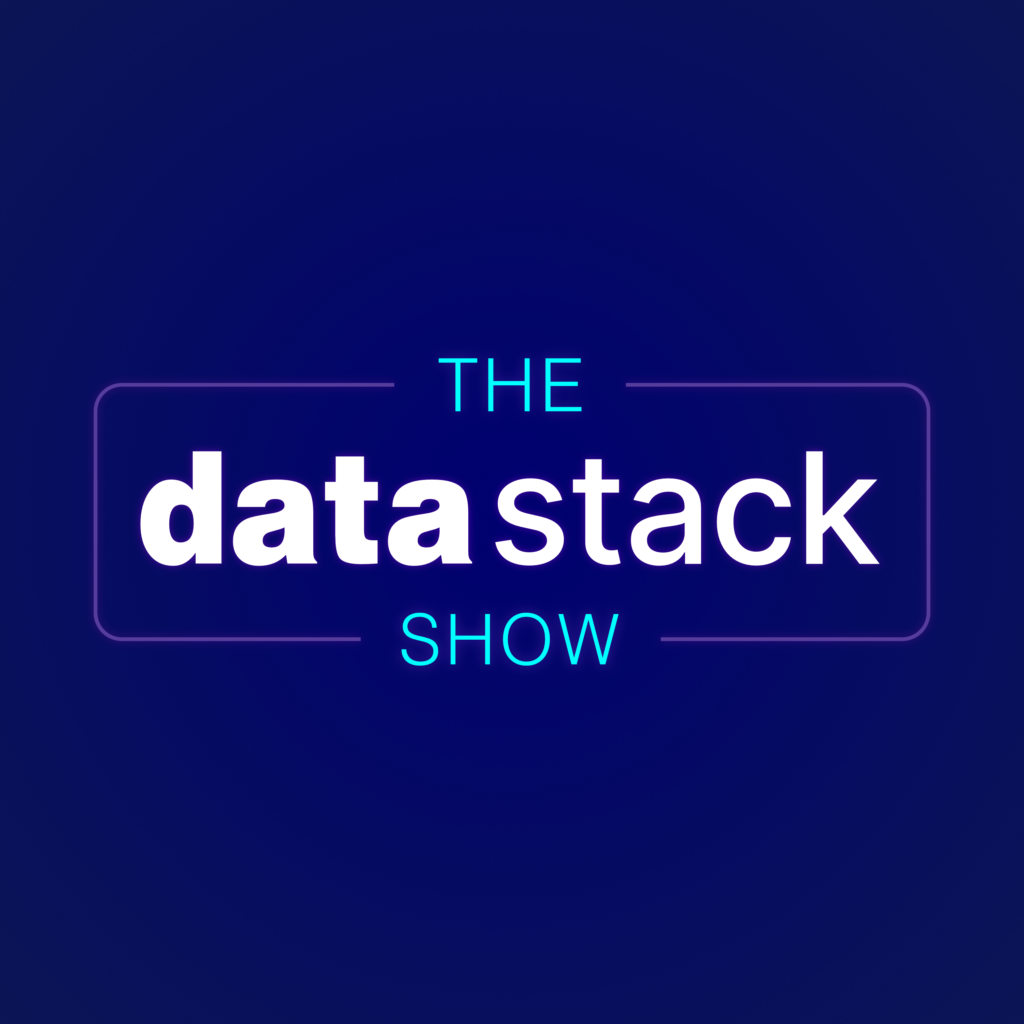
In this bonus episode, Eric and Kostas preview their upcoming conversation with David Kohn of Timescale.
The Data Stack Show is a weekly podcast powered by RudderStack, the CDP for developers. Each week we’ll talk to data engineers, analysts, and data scientists about their experience around building and maintaining data infrastructure, delivering data and data products, and driving better outcomes across their businesses with data.
RudderStack helps businesses make the most out of their customer data while ensuring data privacy and security. To learn more about RudderStack visit rudderstack.co
Eric Dodds 00:05
Kostas, we just chatted with David Kohn from Timescale DB. Fascinating technology. I think one of the big takeaways that I had was how extensible really good technology is, you know, he talked about Postgres sort of originating 30 years ago, right. You know, we sort of tend to talk about the last decade of change in data, right? And how much has happened, right, and data warehouses and data lakes and all that sort of stuff. Right, we’re going back three decades, it was just amazing to hear David talk about how many of the things that make timescale possible in terms of dealing with time series data were conceived of as sort of functionality at a base level and Postgres 30 years ago. Yeah. Which is really cool. And I also think it just speaks to a not only David’s ability in terms of how far he pushed it, which, you know, like, it’s amazing how far he pushed Postgres you know, without additional technology on top of it. But also, just to the wisdom of the people who architected the original system, so that’s what I’m gonna take. I mean, it really is, it is pretty incredible.
Kostas Pardalis 01:33
Yeah, yep. 100%. I mean, there were like, so many lessons learned from like, this conversation with David, like, first of all, it was amazing to hear about, like, all the different, like, ways that you’re gonna work with something with Postgres, and like, the tools that it provides to extend and build on top of that, to the point where, like, you pretty much end up like building almost like a completely different data bases. At the end, that was like super, super interesting and gave like, a lot of food for thought and like to go and take a few things about Postgres. But well, they also like enjoys, because it’s like one of these, like, rare occasions where we have someone who is really deep into like, the database technology, but at the same time, like the product side of things, with, like, the conversation around how important the developer experience is, for delivery in terms of their success, and how it becomes more and more important, the end, like these days, and he said something like, I don’t know, like, it was like, super, super interesting to hear that. Like, what performance is like, good enough. And when performance is good enough, the question turns into like, how I can become more productive. And that’s where like, the experience becomes super important. Yep. So I don’t know. That’s probably like, just like, let’s say part of like, the conversations that we had, but I think it’s like a great indication of like, the whole conversation loves the cards, and hopefully we will have you back soon again.
Eric Dodds 03:19
I agree. All right. Well, thank you for listening. Subscribe if you haven’t tell a friend and we will catch you on the next one.

Each week we’ll talk to data engineers, analysts, and data scientists about their experience around building and maintaining data infrastructure, delivering data and data products, and driving better outcomes across their businesses with data.
To keep up to date with our future episodes, subscribe to our podcast on Apple, Spotify, Google, or the player of your choice.
Get a monthly newsletter from The Data Stack Show team with a TL;DR of the previous month’s shows, a sneak peak at upcoming episodes, and curated links from Eric, John, & show guests. Follow on our Substack below.